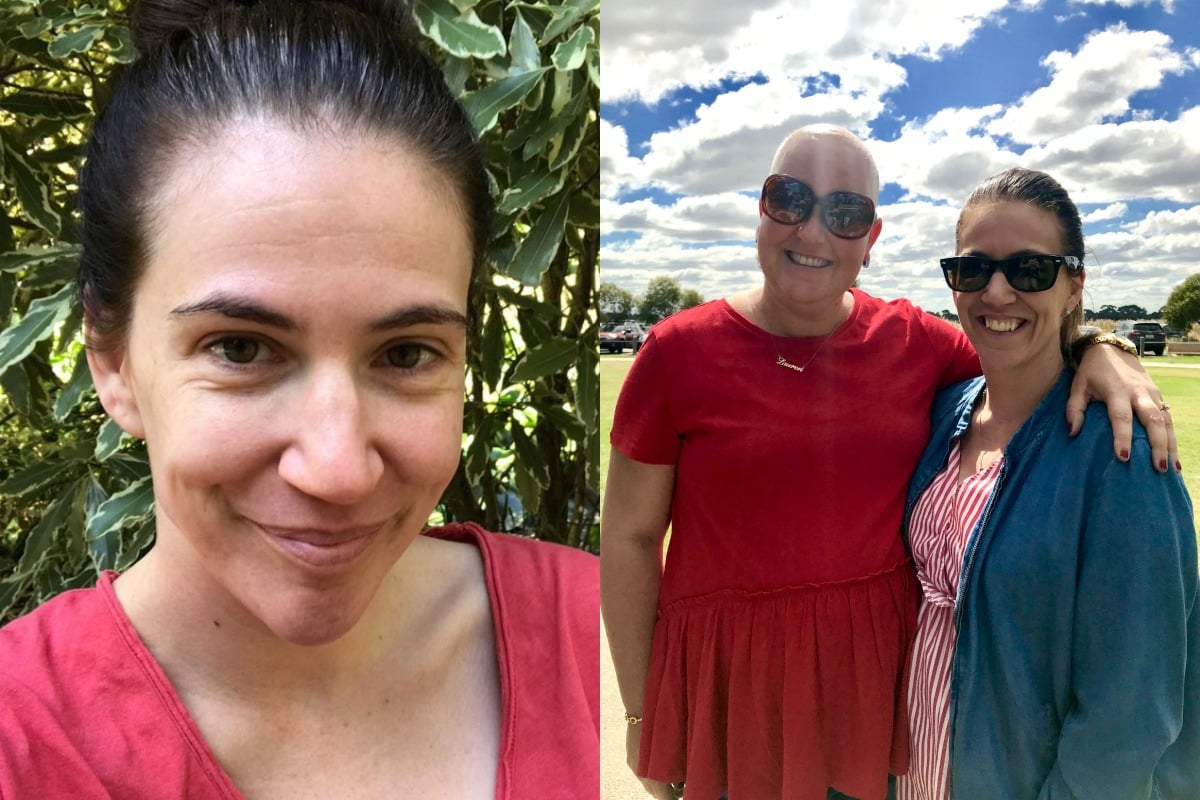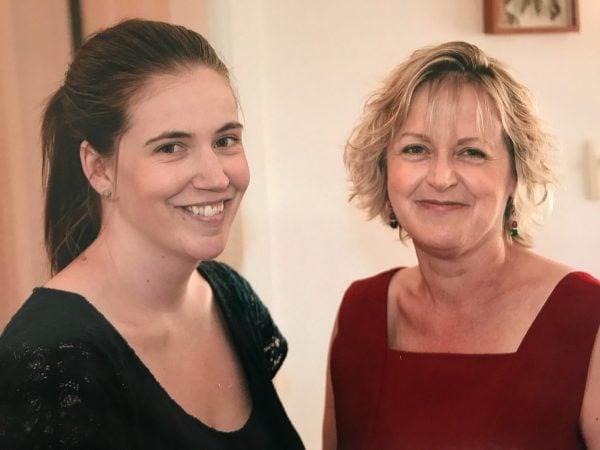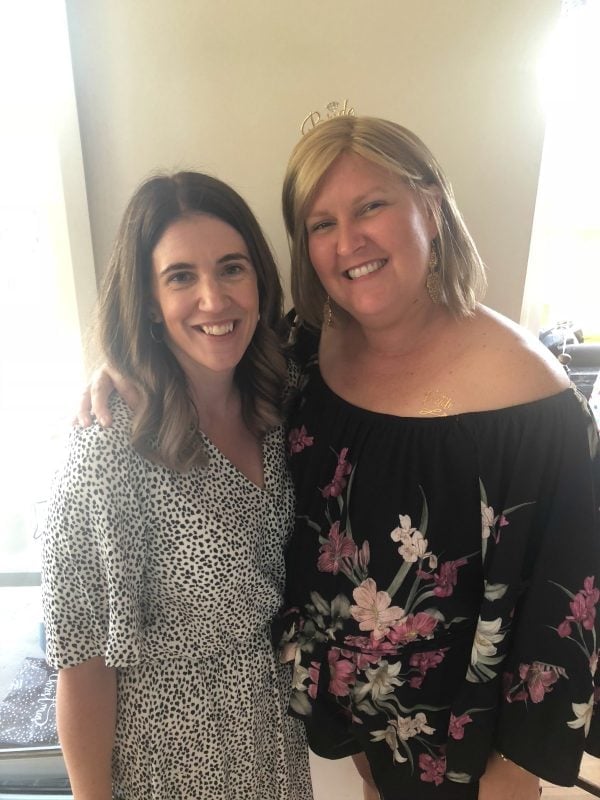
For many of us, a funeral service is a fundamental part of saying goodbye to someone we have lost.
Inextricably tied to the grief process, they allow us the opportunity to celebrate a life, share memories, express our condolences, release our emotions and sorrow, to grieve and to mourn and to comfort others as they do the same.
Funerals signify the close of a life; the final step in farewelling someone who has been significant to us.




Top Comments